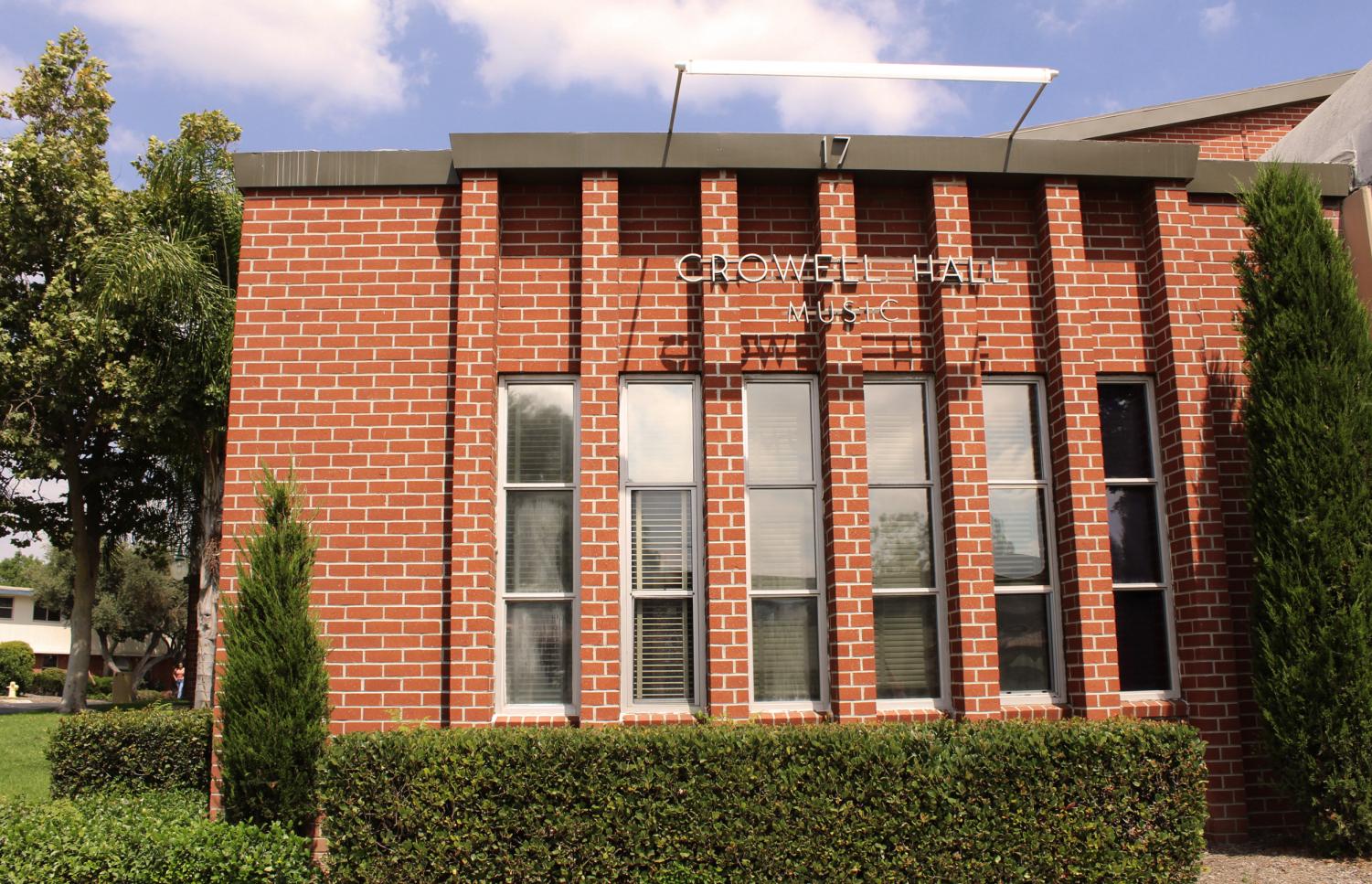Conducting classes during the coronavirus pandemic is not the only major change theatre and music departments have faced. Plans for Theatre 21 to merge into the Conservatory of Music were finalized and executed this semester. With the department undergoing some reconstruction, students and faculty have learned to navigate adjustments.
ANTICIPATED MERGE
Assistant professor of theatre Zachary Bortot explained that the shift in departmental operation is happening at a time when the School of Fine Arts and Communication is undergoing a lot of changes already, so the Conservatory and Theatre 21 are not alone. The merging of Theatre 21 into the Conservatory has prompted a lot of structural changes in the department and how things get done as opposed to changes in student experience.
“It’s designed to find more efficiencies, I think,” Bortot said. “It makes a lot of sense for theatre to be paired with another performing art and it leads to more collaboration.”
According to Bortot, Director of the Conservatory of Music George Boespflug wants to continue to allow theatre to have its own independence and identity while still finding natural points of collaboration with music. Currently, the departments are operating almost independently from each other with hopes for more collaboration in the future. A musical theatre concentration is in the works, which will ideally foster more of that collaboration between the two departments.
“I think theatre should be a bridge program that unites different areas of the school,” Bortot said.
ONLINE OBSTACLES
Holding classes in an online format is difficult for those who rely on in-person communication and resources to be able to learn well. For theatre majors, some classes such as screen acting have had an easier transition. Other classes such as beginning acting classes have required more adjustments to the curriculum, such as finding exercises that work in a Zoom format. According to Bortot, from a professor’s perspective, many students are seizing the opportunity to be more honest with their work, as the camera is right there in front of them and able to catch things that would otherwise be missed.
“Something we have always said is a highlight of theatre majors is that we’re adaptable and able to acquire new skills quickly in order to adjust to constantly changing environments,” Bortot said.
Music students are facing their own unique challenges as well, from not having access to the same resources to finding new sources of motivation. For senior music performance major Mikaela Borg, much of her motivation comes from being around other music majors practicing their skills, making it difficult to do all of her work by herself.
“What is great about being a music major at Biola is that everyone is always practicing in the music building,” Borg said. “You go in there and you’re inspired to practice because everyone else is.”
According to Borg, another common issue that many music students seem to be facing is finding the space to practice. For those who play an instrument or are vocalists, many hours of practice are required every week. With so many students stuck in their homes with family members or other students, finding space to practice without disturbing others is difficult.
Nevertheless, the department has high hopes for the future. Theatre performances, including some musical theatre, are being planned for upcoming semesters. In addition, students can look forward to the possibility of a year-long celebration of the arts to commemorate the art department moving into Bardwell. According to Bortot, the school continues to hope for classes to return to campus in the spring, but nothing is certain until Los Angeles County regulations are released.








